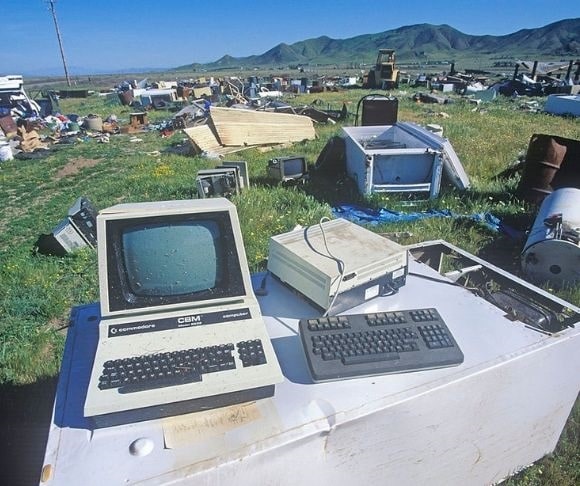Innovative technologies have saved lives, connected people thousands of miles apart, and helped societies advance and thrive. However, the international dependence on technology has some sobering side effects, including electronic waste and environmental degradation. Apple, Samsung, Google, and other hardware tech giants encourage consumers to purchase new phones, computers, and chargers every few years, yet very little education and resources are devoted to how to recycle and dispose of outdated electronics safely. As a result, the climate crisis these corporations claim to be fighting is only worsened, and poor nations suffer the most.
Electronic Waste
In 2019 alone, the world generated 53.6 million tons of electronic waste, discarding products with a battery or electronic plug. That number is expected to rise to 74 million metric tons by 2030. High consumption levels, short life cycles, and limited options for repairs are to blame for this growing poundage. According to the United Nations, only 17.4% of 2019’s waste was recycled correctly, which means gold, silver, copper, lithium, platinum, aluminum, and other high-value materials valued at about $60 billion were tossed or burned.
So, what happens to the iPhones, HDMI cords, chargers, tablets, and laptops that consumers throw out when they’ve stopped working or been replaced with something better? According to the Environmental Protection Agency, a high but “undetermined amount” of discarded electronics are shipped from the United States and other wealthy nations “to underdeveloped countries that lack the capability to reject imports or to handle these materials appropriately.” Essentially, the highest producers of e-waste either don’t have space to dispose of it or would prefer to make it some other country’s problem.
Yet, everybody loses when the toxins in these products pollute the air. In places like New Delhi, India, children sift through wires, phones, and batteries, searching for valuable materials, even though the practice can negatively impact lung function, damage DNA, and increase the risk of developing cancer and other chronic illnesses. Those working in or living close to landfills are at the highest risk of developing health issues. Simultaneously, CO2 and other hazardous materials like mercury are released into the atmosphere, worsening air quality and global warming.
Who’s to Blame?
It would be easy to point the finger at consumers, but it seems nearly impossible to experience daily life without a smartphone or laptop. And most people want to move on when Apple slows down the operating speed of its iPhones and computers as new products are released.

(Photo by: Joe Sohm/Visions of America/Universal Images Group via Getty Images)
Apple Macbook, Microsoft Surface Tablet, and the like are not designed to last ten years. Yet, to remain productive in a work environment or simply have a battery that doesn’t die every three hours, consumers must consistently replace their electronics. Obsolescence is apparently built into the design.
Yet, companies like Apple, Google, Microsoft, HP, and Samsung don’t offer customers enough recycling, repair, or buy-back options, so the old iPhone 6 gets tossed in the garbage can and ends up in a landfill. Over the last few years, the tech giants have taken steps in the right direction, offering more, but still not enough, repair services in hopes of extending the life of electronics. Still, repurpose options are simply not plentiful. When you’re ready to discard your broken TV, you must seek out a recycling center.
Combating the harmful effects of e-waste comes down to resources and accessibility. The tech giants advocate for robust climate policies and promise to go green, yet their products have short life spans, require new chargers, and provide few credits or incentives for the reuse of the broken or old. Where do Big Tech’s priorities lie — protecting the planet or making money?




